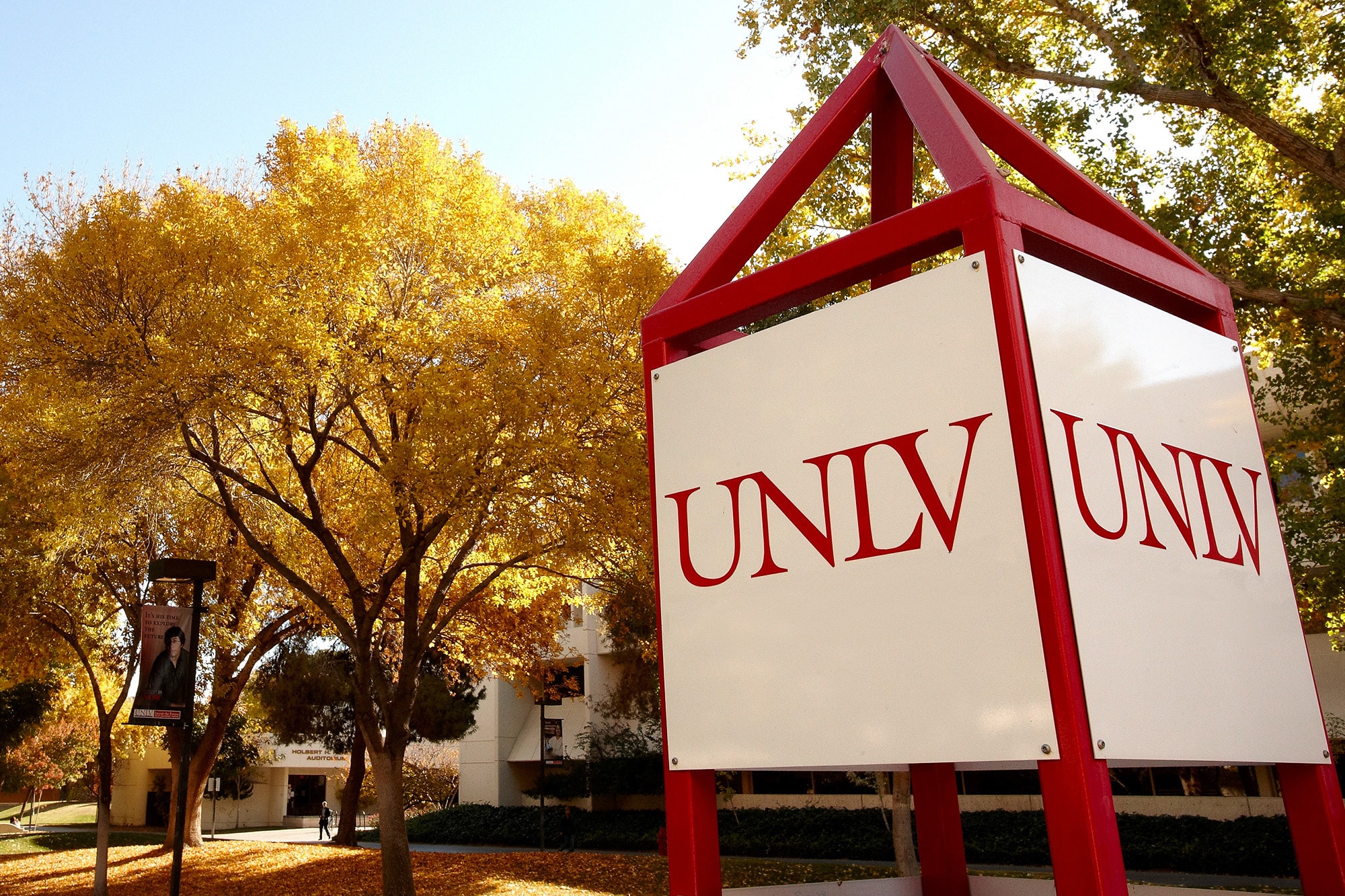UNLV School of Life Sciences professors Michelle Elekonich and Stephen Roberts were recently awarded a $667,000 grant from the National Science Foundation (NSF) to study the effects of age and behavior on the physical deterioration and lifespan of honey bees.
During the three-year study, Elekonich and Roberts will test models of aging theory by manipulating the timing, intensity, and duration of foraging behavior in honeybees - the most metabolically intense behavior in the animal kingdom. They seek to further understand how foraging behavior effects honeybee mobility, muscle performance, cellular damage, anti-aging mechanisms and overall lifespan.
Their study represents an important advance in this field of research, not only because it will provide a greater understanding of a socially complex organism like the honeybee, but because it may provide some answers about our own species as well.
"The link between exercise, aging and senescence - and the general public's obsession to decouple them - is an extremely important and timely scientific topic," said Roberts. "These themes dominate headlines and marketing schemes, but in actuality little is known about how behavioral intensity over one's lifetime affects aging phenomena and longevity. Bees are the perfect organism to answer these basic questions."
The project marks the first time researchers will attempt to study these traits in free-living animals in their natural habitats.
"The honey bee is an ideal model for our study because it is one of the few organisms that have a fully sequenced genome and that allow us to independently manipulate biological variables in its natural environment during its entire life cycle," said Elekonich, principal investigator on the project.
The research will be completed in three stages:
- First, they will determine if the onset of foraging in honeybees accelerates both the pace at which maximum flight and aerobic capacity is attained as well as the start of functional senescence (the deterioration in functional performance that culminates in death).
- Secondly, they will examine whether cellular damage is accelerated during foraging and if the mechanisms to mitigate that damage are upregulated during such metabolically intense activities.
- They will then test whether the cellular damage accrued over a lifetime of foraging flights limits a bee's lifespan and whether a bee with limited foraging flights will accrue less damage and, thus, live longer.
This research will build on the results of a previous NSF-funded study by Elekonich and Roberts that examined the effect of heat shock proteins, their encoding genes, and protein damage during behavioral development and hyperthermia in honey bees.
The project will also provide research opportunities for a number of students, including a postdoctoral researcher, graduate students, a technician, and a number of undergraduates. Research results will be integrated into a variety of UNLV classes, k-12 presentations, and outreach opportunities to the general public. The grant is one of three NSF awards received this past week by the UNLV School of Life Sciences, totaling more than $2.1 million.



